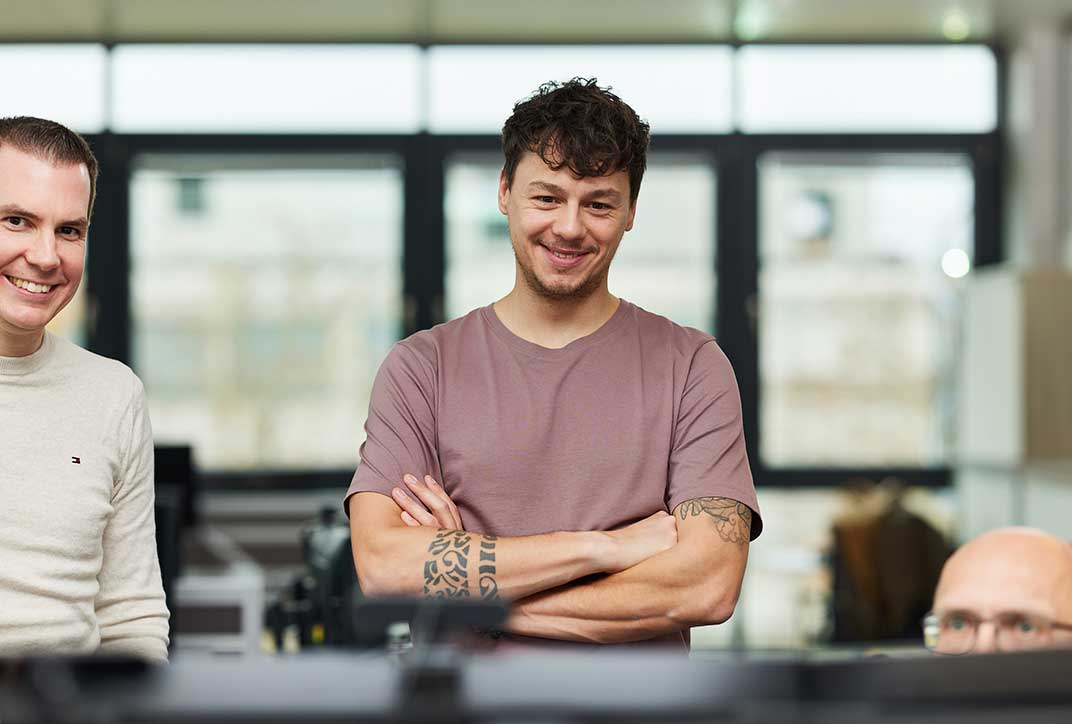
Kuraray Europe GmbH Career We are Kuraray People at Kuraray Sascha Hollingshaus


I’m Senior Manager for Cybersecurity and Decision Intelligence in the DX-IT department. The teams have been reorganised and bring together the digital transformation (DX) and IT areas. My teams are responsible for the security of our IT and OT systems, in other words, both classic IT security and protecting our production facilities. That ranges from password management for company PCs to identifying and warding off attacks on our networks. At the same time, our work includes improving data-based decision-making processes – from data collection and analysis up to AI-based applications. For example, we’re testing software that uses AI-based pattern recognition to identify vulnerabilities in our network.
Digitalization is steadily increasing in the chemical industry. That means we need better protection. At the same time, we have more and more data that can give us valuable insights – in production processes, supply chains and strategic decisions. Our task is to enable intelligent use of such data. In short, we enable the management to make data-based decisions. That’s increasingly becoming a competitive advantage and is a key element in our strategic focus.
We’re working to improve the company’s digital maturity. For example, one big topic is using AI to automate decision-making processes. We’re also investing in global networking of our IT systems so that internationally we can work together more efficiently.

I started work in OT as a process control systems developer. Then I got into networking IT and OT systems. That led on to my first contact with cybersecurity. A friend drew my attention to Kuraray in 2016 and I was curious. I was particularly attracted by the corporate culture – the team spirit and values were very different from my previous employer’s. That persuaded me to change employers.

I brought it up at my interview and actually thought it would be a knock-out criterion. But it was quite the opposite: I got a very positive response. I was given time off to attend lectures and was able to structure my working hours flexibly. That was a big help in completing my degree course successfully.
When our department was created, we had to go through an Assessment Centre where our strengths and weaknesses were assessed. Then individual development plans were drawn up. They were actively tracked. There are also classic management workshops where you are introduced to Kuraray’s leadership guidelines. And that’s not all: specific attention is paid to where individuals still need support. There are various options depending on your needs, for example, 1:1 coaching, mentoring and training. The type of support is tailored completely individually to you and your situation. The training and coaching sessions definitely helped me settle into my new role.